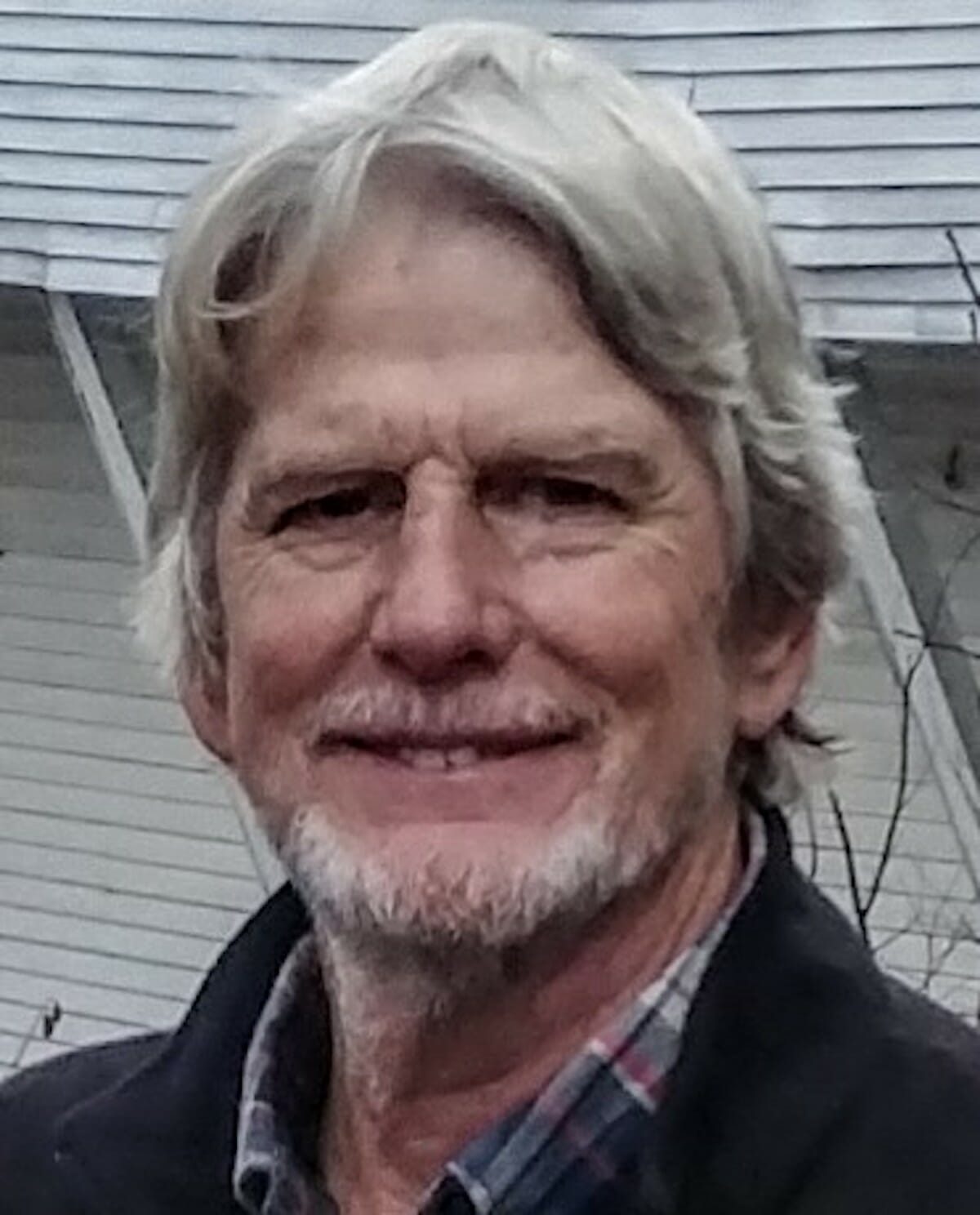By Scott Graber
Some weeks ago, I had lunch with Dean Moss and David Murray. In an effort to avoid a meandering, melancholy discussion of Donald Trump or the transmutation of land acquired (by the public) for open space, I brought along a book review from the Wall Street Journal.
After ordering a glass of pinot noir and the antipasto salad, I read the review (to Dean and David) of the book, “The Good Life,” by Robert Waldinger and Marc Schulz (Simon and Schuster, 341 pages, $28.99).
The review begins by describing a years-long study involving 800 young people — 400 well positioned for success (Harvard) and 400 on a glide path to despair (South Boston). The study follows these folks through their lives — many are now dead — with interviews, physical exams and the sharing of health records. In the end it found that “positive relationships with others” was the key to happiness.
After reading these conclusions to Dean and David I asked Dean if he believed “positive relationships” were the key to his happiness.
“My friends are the reason I stay in Beaufort.”
“Do I qualify as one of those friends?” I asked.
“Yes.”
“And how do I make you happy?”
Dean who was drinking unsweetened ice tea paused, mid gulp, to consider the question allowing David to say, “I think I’ll have the small lasagna.”
That pause allowed me to think about the “positive relationships” I’ve experienced during the years I’ve been roaming the earth. I concluded I had been fortunate to have had a reliable of cadre of friends including college classmates, high school teachers, swim team coaches, Episcopalian priests and a current cohort willing to join me and my wife around our Solo-brand, outdoor fire pot when the temperature falls into the 40s. All of which reminded me of a column by Kathleen Parker who writes, “lawyers are the unhappiest people on the planet.”
Parker says that “a lack of meaningfulness and stress are the primary causes of unhappiness among my legal colleagues.” Parker doesn’t comment on “positive relationships” but says that lumberjacks, those who spend time “tilling and smelling the soil,” and those “attuned to the earth’s cycles” are happiest.
I’m not certain I agree with Parker’s “earth cycles” theory, but I do think that a sense of purpose — a sense that one is doing meaningful work — is as important as positive relationships, or a diet that includes kale, or exercise that is vigorous.
But here is the hard part for most us.
Many lawyers spend their day reading small print, then filling-out and filing forms in an effort to close a loan, form an LLC or give a client the benefit of a trust.
This same lawyer may have gone to law school believing she would explain the meaning of the Second Amendment to the Supreme Court. Or perhaps he saw himself making an inspirational closing argument in the manner and fashion of Atticus Finch as portrayed by Gregory Peck in “To Kill A Mockingbird.”
Or, perhaps, the dream in question was that she would protect the consumer from confiscatory interest rates; unreadable, multi-page contracts; sellers of used cars and organic shampoo that can also can be used as a dessert topping.
Bypass surgeons — at the end of an operation — must feel fulfilled. Lawyers often wonder when and where they lost their idealism.
There are, let’s be clear, lots of consumer, environmental and public interest jobs to be found. It’s unfortunate that these careers don’t pay much — not nearly as much as those who go down the personal injury path. Gopher turtles, moss-draped trees and the hapless, overwhelmed consumer routinely lose-out to the developer and the well lawyered corporations who promote and protect the concepts of free enterprise, capitalism and their right to invoke the God-given maxim, “Buyer Beware.”
Right at the moment I’m sliding, gradually but inexorably into retirement. As I slide into anonymity, I’ve thought about my (legal) career and whether I made a difference.
I was discussing all of this with my neighbor, Kit Bruce, saying, “All things considered, I probably earned a C-minus as a lawyer,” explaining “I never argued a Second Amendment case before the Supreme Court.”
“I don’t think that is definitive,” Kit replied. “You represented poor people.”
“Yes,” I said. “And I never got that million dollar verdict.”
“Didn’t you straighten-out land titles?”
“Yes, but I never marched with Jesse Jackson …”
“Well…” she said. after some thought, “How about a C-plus?”
Scott Graber is a lawyer, novelist, veteran columnist and longtime resident of Port Royal. He can be reached at cscottgraber@gmail.com.







